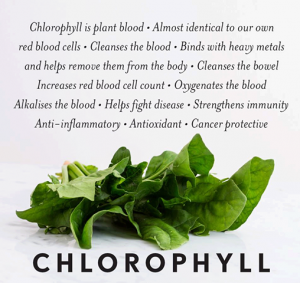 Every time I see a post somewhere about a horse with Cushings or EMS or IR and on some prescribed pharmaceutical I cringe and so wish I could just jump into the computer screen, transport myself to the ‘other side’ and get these people to try RAW first. Before ‘manufactured drugs’.
Every time I see a post somewhere about a horse with Cushings or EMS or IR and on some prescribed pharmaceutical I cringe and so wish I could just jump into the computer screen, transport myself to the ‘other side’ and get these people to try RAW first. Before ‘manufactured drugs’.
RAW, yes, raw.
Raw vegetables
Fruits
Nuts
Seeds
All the things that the NATURAL horse eats.
Live, raw forages filled with fiber and healing vitamins and minerals.
Live, raw forages to REPLACE the chemical ladened, processed by-products of which most commercial grains are made. Commercial grains made of by-products ‘that are unfit for human consumption’.
Live, raw REAL FOOD that brings REAL HEALTH to our horses.
Live, raw REAL FOOD that shines the coat, brightens the eyes, strengthens the hooves, sharpens the mind, calms the nerves, boosts the vital organs, kills the parasites and … heals the body.
FEEDS THE WHOLE HORSE, body, mind and spirit.
HEALS THE WHOLE HORSE, body, mind and spirit.
Wholesome goodness.
Live, raw foods that have natural Vitamins A, B, C, E, K, Chlorophyll, antioxidants, phytonutrients, natural antibiotics, antifungals, Dietary Fiber, Protein, Thiamin, Riboflavin, Folate, Iron, Magnesium and Phosphorus, Copper, Zinc, Sodium and Potassium, Folate, Manganese, Chromium, Folic Acid, Selenium, Choline and so much more.
Live, raw foods that are simply what the natural horse is designed to eat.
Lettuces, Spinach, Kale, Dandelion, Broccoli, Yams, Oranges, Apples, Pears, Sprouts, Grass (YES! GRASS!), Radishes, Berries, Melons, Beans, Bananas, Squashes, Cucumbers, Almonds, Walnuts, Pecans, Sunflower Seeds, Beans, Lentils, Peas, Flax seed, Chia seed, and so on and so forth … along with hay, leaves, shrubs, flowers, weeds, herbs … even small trees.
Live raw foods that FEED the horse and HEALS the horse.
Think about this today – what are YOU feeding YOUR horse? Take a look at the feedbag label – what do you see? What do you read? Do you know what every ingredient is? Can you even pronounce every word? Would YOU EAT IT?
If you wouldn’t eat it why would you feed it to your horse?

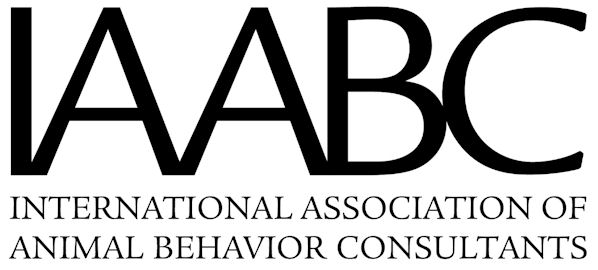


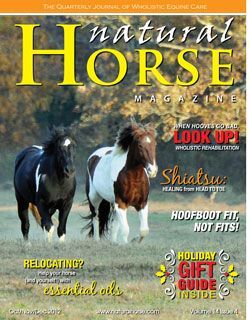
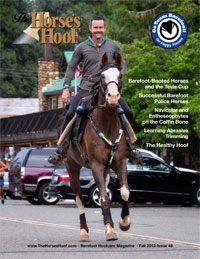
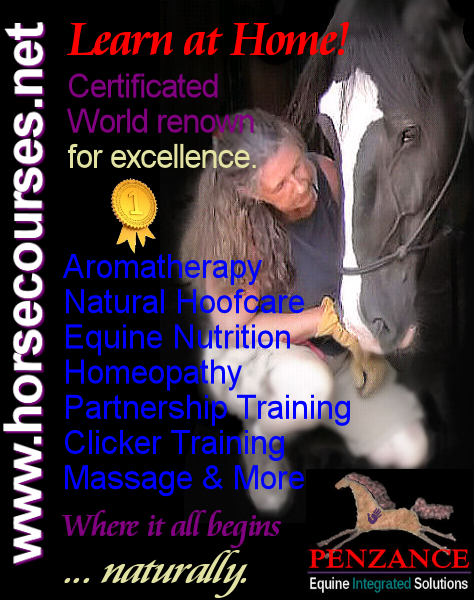




I have an elderly mini gelding on liquid pergolide, not Prascend. He is IR as well as Cushings. I have not noticed any adverse changes in his demeanor but then I have only had him under my care for the past 3 years, and he was on medication far longer than that. He’s not a zombie; he can give his mini mare companion what-for if she’s in his space. But, since the past 3 years I have been feeding only hay cubes (yes, there’s a bit of beet pulp in that), timothy pellets, hay, fruits, nuts, seeds and veggies (including fresh greens and grass), and herbal supplements. Oh, and Chastetree berries. He has not had to have his dosage increased in all this time, and he looks great, even the vet commented on how good he looks at 28! If he was my own horse, I would definitely consider taking him off the drug.
To me the pergolide side effects never sat well. I reached for chaste berries instead when one of my minis started to have issues last fall…..
Thank you for tirelessly sharing other, more effective ways to help those critters 🙂
Another comment just in …. “my gelding had worse symptoms on prascend: appetite loss and major
weight loss, lethargic etc, took him off. “
“Let FOOD be your medicine and your medicine be your FOOD!” — Hippocrates, the “Father” of Medicine.
Another reply: “I have a horse with PPID who has been on Prascend for the last year. We started at full tablet dose and my typically food craving fjord stopped eating and had all the symptoms of the “pergolide zombie” phase you can read about on most cushing chat boards. We stopped all Prascend for a few weeks and I reintroduced it at 1/2 a tablet and he did ok on that. We’ve attempted to increase back to 1 tablet but each time he goes back to depressed appetite and depressed mood. So he’s still on 1/2 a tablet.”
There are no side effects from real food!
A warning from PRASCEND label (medication for Cushings Disease in Horses) … “Not for use in humans. Keep this and all medications out of the reach of children. PRASCEND should not be administered by persons who have had adverse reactions to ergotamine or other ergot derivatives. Pregnant or lactating women should wear gloves when administering this product. It has been reported that pergolide tablets may cause eye irritation, an irritating smell, or headache when PRASCEND Tablets are split or crushed. PRASCEND Tablets should not be crushed due to the potential for increased human exposure and care should be taken to minimize exposure when splitting tablets. Consult a physician in case of accidental ingestion by humans.”
There are no warnings on real food … !!!